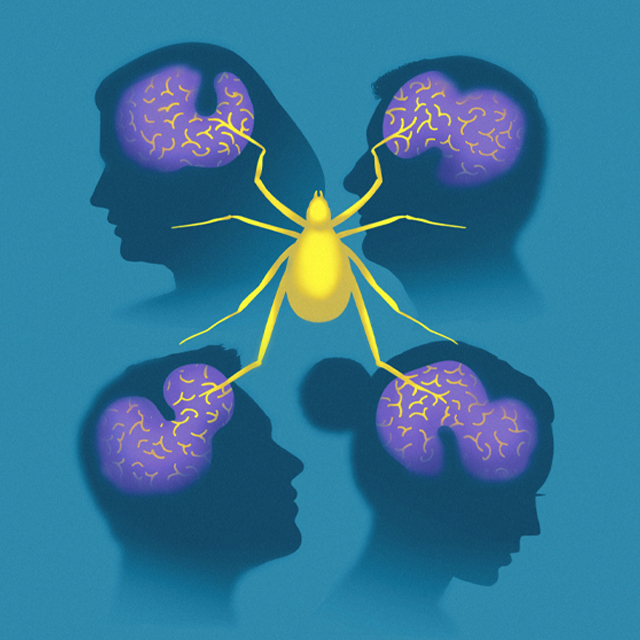“Trainees frequently take less leave than what their institutional policy allows because they’re afraid that their skills are not going to be up to par, and I hope that this data will enable them to feel more comfortable with taking time off for their personal and family well-being.”
—Ophthalmologist Divya Srikumaran, vice chair for education at the Johns Hopkins Wilmer Eye Institute, describing the results of her study showing no differences, on average, between the performance metrics of 44 ophthalmology residents who took parental leave, compared to 239 who did not. The study appeared in JAMA Ophthalmology.



